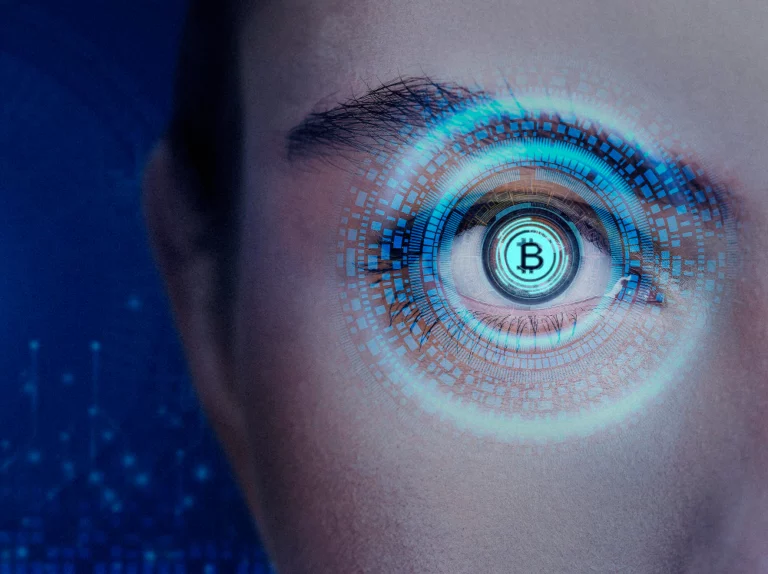The Future Of Blockchain In Digital Identity Verification
The world of digital identity verification is on the cusp of a revolution, and blockchain technology is at the forefront of this transformation. Imagine a future where you have complete control over your personal data, where identity verification is seamless and secure, and where sensitive information is protected from prying eyes. Sounds like a utopian dream? Not for much longer.

- Revolutionizing Healthcare Security: How Blockchain Is Saving Lives
- The Evolution Of Financial Discretion Unraveling The Mystery Of Privacy Coins
- Unlocking Financial Empowerment: A Beginner’s Guide To Using Crypto In Peer-to-Peer Lending And Borrowing
- Welcome To The World Of DeFi: Your Step-by-Step Guide To Unlocking Its Potential
- Evaluating A Crypto Exchange: Navigating The Complex World Of Digital Assets
In recent years, blockchain has been making waves in various industries, from finance to healthcare, and its potential in digital identity verification is vast and largely untapped. But what makes blockchain so uniquely qualified to tackle this challenge? To answer that, let’s delve into the world of decentralized identity management.
Decentralized Identity: The Blockchain Advantage
Traditional identity verification systems rely on centralized databases, where sensitive information is stored and managed by a single authority. This approach has several drawbacks. For one, it creates a single point of failure, making it vulnerable to cyber attacks and data breaches. Moreover, it requires individuals to entrust their personal data to third-party organizations, which can lead to misuse and exploitation.
Blockchain, on the other hand, offers a decentralized approach to identity management. Here, personal data is encrypted and stored on a network of computers, rather than a single central server. This decentralized architecture provides an additional layer of security, as sensitive information is no longer accessible via a single entry point.
How Blockchain-Based Digital Identity Verification Works
So, how does blockchain-based digital identity verification work? In a nutshell, the process involves the following steps:
- Data Collection: Unique identifiers, such as biometric data or government-issued IDs, are collected from individuals.
- Hashing and Encryption: The collected data is hashed and encrypted, creating a unique digital fingerprint.
- Blockchain Registration: The encrypted data is registered on a blockchain network, where it is stored on a network of computers.
- Verification: When a user needs to verify their identity, the blockchain network checks the encrypted data against the stored hash.
Benefits of Blockchain-Based Digital Identity Verification
The benefits of using blockchain for digital identity verification are multifaceted. For one, it provides unparalleled security and protection against data breaches. Additionally, individuals regain control over their personal data, deciding who can access it and when.
Other benefits include:
- Improved Efficiency: Automated processes and minimized manual intervention reduce wait times and increases accuracy.
- Increased Convenience: Users can access their digital identity from anywhere, at any time.
- Reduced Costs: Blockchain-based solutions eliminate the need for intermediaries and third-party verification services.
Real-World Applications and Future Prospects
While we’re still in the early days of blockchain-based digital identity verification, several companies and governments are exploring this technology. Estonia, for example, has already implemented a blockchain-based ID system for its citizens, allowing them to securely access public services and vote online.
In the private sector, companies like Self-Sovereign Identity and uPort are working on decentralized identity solutions that empower individuals to control their own data. Other applications include:
- Digital Voting Systems: Secure and transparent voting systems that eliminate voter suppression and tampering.
- Healthcare Identity: Secure storage and management of medical records and prescriptions.
- Border Control: Streamlined and secure identity verification for travelers.
The Road Ahead
